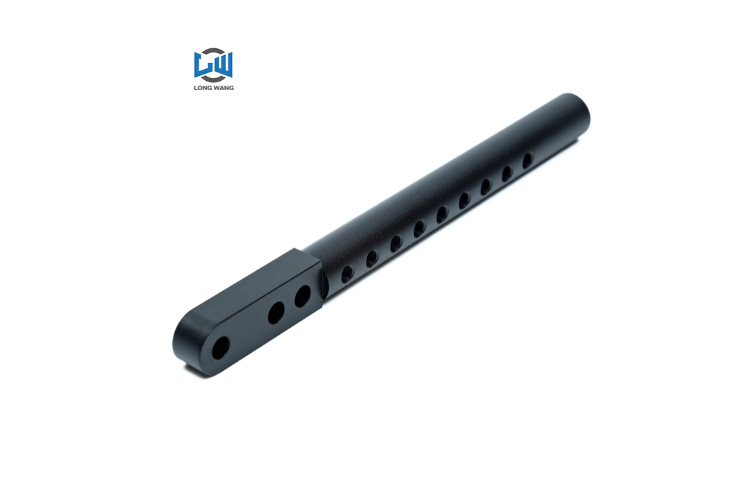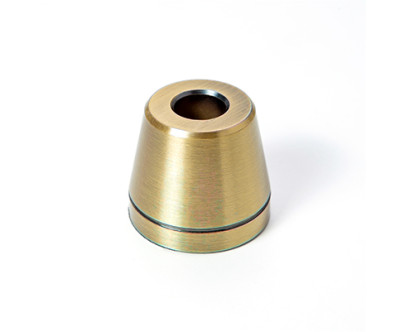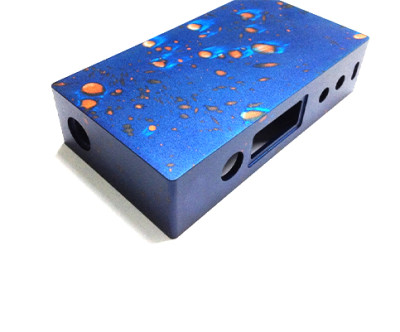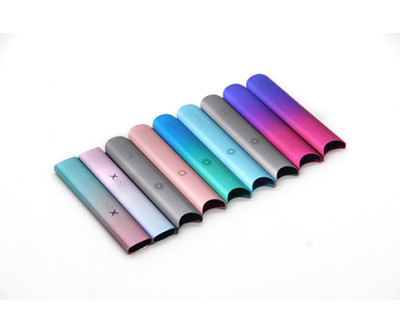The Role of Custom Aluminum Parts Manufacturing in Modern Industries
In today's fast-paced manufacturing world, the demand for precision, cost-efficiency, and customization is higher than ever. This is particularly true in the field of aluminum parts manufacturing, where industries ranging from automotive to electronics require components that meet very specific needs. Custom aluminum parts manufacturing has become a key solution to these demands, offering both flexibility and adaptability. In this article, we’ll explore how the use of various manufacturing processes, material options, and custom services is shaping the industry, while also providing real-world examples and insights into the impact of these innovations.
1. The Flexibility of Aluminum Manufacturing Processes
One of the key strengths of aluminum parts manufacturing lies in the variety of processes available to meet different design and performance requirements. CNC (Computer Numerical Control) machining is widely used for its ability to create parts with incredible precision and complexity. For example, a manufacturer working on a small batch of high-precision aluminum connectors for the electronics industry may use CNC machining due to its ability to handle tight tolerances and intricate designs.
In contrast, larger production runs can benefit from processes such as die-casting or aluminum extrusion. A notable example comes from the automotive industry, where aluminum extrusion is used for making structural components in vehicle frames. The process allows for high-volume production while maintaining material strength and reducing waste. A global automotive manufacturer reduced their production cost by over 30% by switching from casting to extrusion for certain components. This shift not only reduced material waste but also improved the overall durability of the parts.
Additionally, the ability to integrate multiple techniques within a single project can further enhance efficiency. For instance, combining CNC with welding or riveting allows manufacturers to create complex structures while maintaining a high level of precision. This flexibility in choosing the right process is a key advantage in the custom aluminum parts sector, where each client might have specific requirements regarding size, shape, and material properties.
2. Material Selection and Customization for Performance
Choosing the right aluminum alloy is critical to ensuring that the final product performs as expected. With a wide variety of aluminum grades available, manufacturers can select the material that best suits the intended use. For instance, alloys like 6061 and 7075 are known for their high strength and corrosion resistance, making them ideal for aerospace and marine applications. On the other hand, 6063 alloy, with its good extrudability, is often selected for architectural applications like window frames and structural components in buildings.
A good example of how material selection impacts performance can be seen in a project undertaken by a defense contractor. The company needed a lightweight yet durable material for a series of military-grade components. By opting for 7075 aluminum, known for its strength-to-weight ratio, they achieved both performance and weight reduction goals, resulting in a product that exceeded the military’s stringent durability standards. This case demonstrates how a well-chosen material can have a direct impact on the performance and longevity of custom aluminum parts.
For industries that require high thermal or electrical conductivity, aluminum’s versatility is also a major benefit. Custom aluminum heat sinks, for example, are critical in electronics manufacturing. These heat sinks dissipate heat efficiently, preventing overheating of sensitive components. The material’s excellent conductivity ensures that devices like smartphones and LED lights can function at optimal temperatures, thus prolonging their lifespan and improving performance.
3. Streamlining Production with Design for Manufacturing (DFM)
When it comes to custom aluminum parts manufacturing, integrating Design for Manufacturing (DFM) principles can significantly reduce costs and improve product quality. DFM involves designing parts in a way that makes them easier and cheaper to produce. By considering manufacturing constraints early in the design process, engineers can avoid the need for costly modifications later on. A company specializing in aluminum parts for the aerospace industry utilized DFM principles to adjust the design of a lightweight fuselage component, which initially required expensive tooling for production.
Through DFM, they found a way to simplify the geometry, eliminating unnecessary complex features without compromising strength. As a result, the company saved over $500,000 in production costs. In this case, DFM not only helped streamline the manufacturing process but also improved the overall efficiency of the production lin



